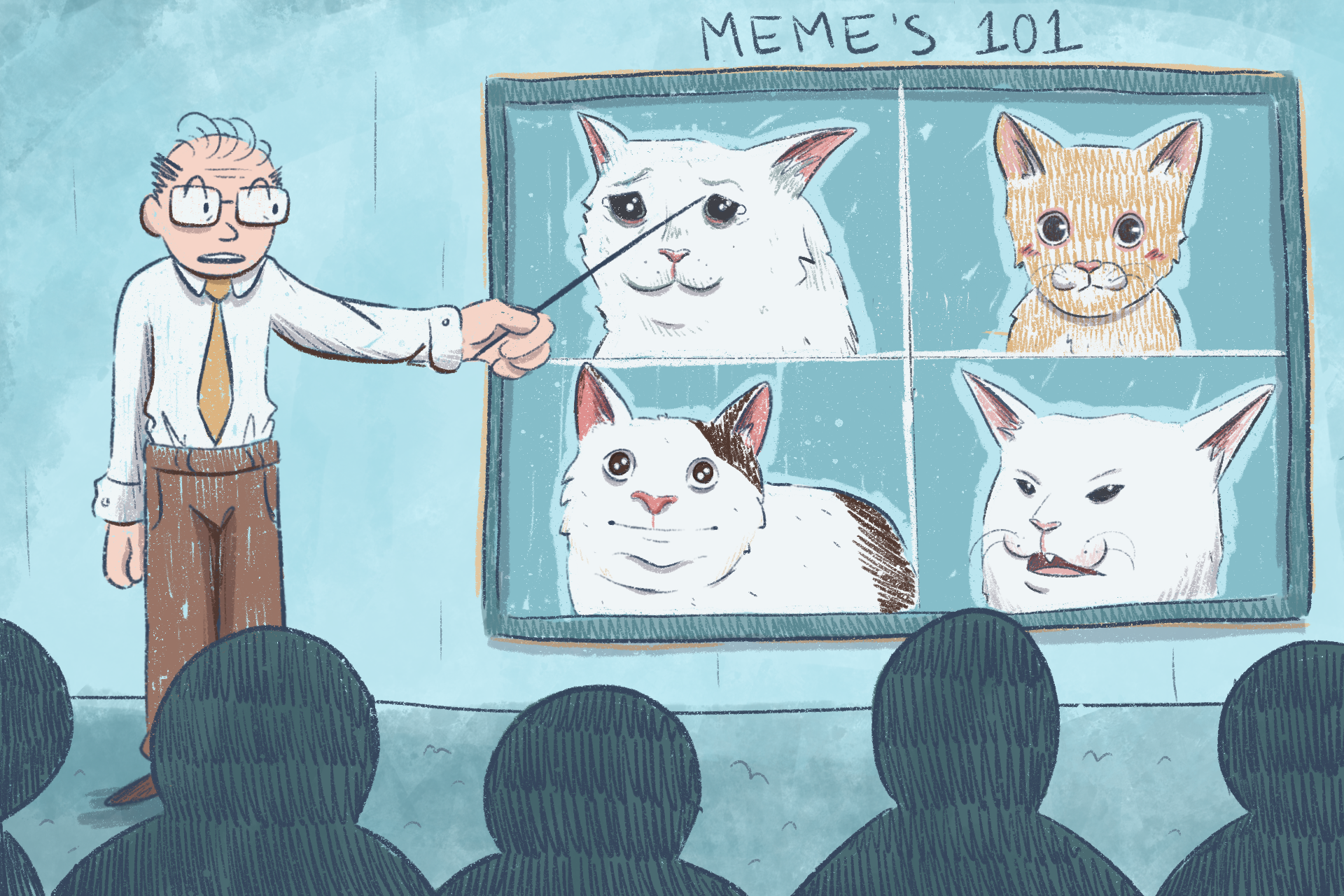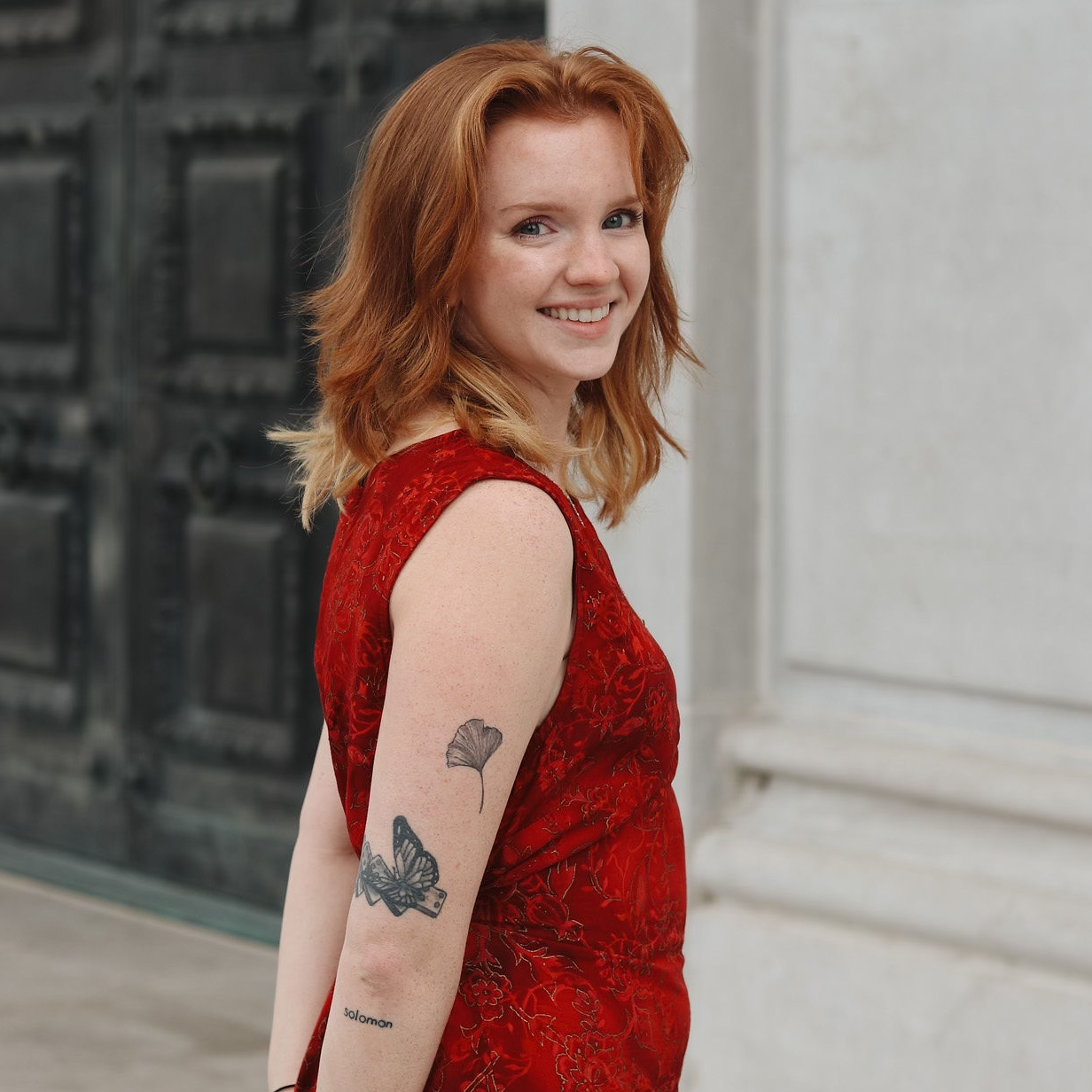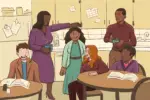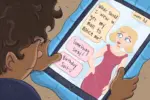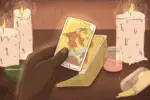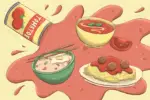All too often, my generation, Gen-Z, is criticized for its chronically online tendencies and obsession with absurd, surrealist memes. Millennials and members of Gen-X will look at what Gen-Z would consider a joke and begin to fear for our sanity, and in a way, they rightfully should. Whereas the early origins of memes in the 2000s had a clear punchline, picture with a descrip context and an obvious format (thick upper and lower texts over an image), Gen-Z is found reeling at deep-fried images of a cat with lasers coming out of its eyes saying something like “soup time” or “bingobongo.” While it may feel like you are on the outside of an inside joke, I can assure you that you are just as contextualized as anyone else viewing this meme.
We can’t blame other generations for their worry about what we find funny, because there is no obvious form of humor, punchline, relatability, or even context in these memes that leads one to laugh. It seems like our enjoyment in this type of memes comes from this absence, the diversion of humor, that makes it appealing.
A recent study examined the level at which Gen-Z students found memes funny, making an “absurdism” metric that was based on five principles: the punch-line/joke, characters, text, visuals, and context. Part of the appeal of Gen-Z memes is the subversion of typical humor standards, so the metric mainly focused on if context was needed for the meme to be understandable and how strongly the meme subverted expectations. Unsurprisingly, they found a clear correlation between high absurdity level and high humor rating.
The researchers noted that they screened for “inappropriate” content like “swearing, drug paraphernalia and references, suicidal ideation, or references to criminal acts,” because this was performed in a school setting, but they also acknowledged that without these features, memes that encapsulated Gen-Z absurdist humor were harder to find because all of these elicit topics are so popular in current meme culture.
But what is the value of knowing what a generation finds funny?
For big corporations and institutions, they have a better idea of what will draw in this demographic. We saw the use of memes in the 2016 election when Hillary Clinton quoted Donald Trump saying “Delete your account.” or when she created the “Pokémon GO to the polls” meme at the app’s height. Although the original meme itself was corny and fell flat for the generation Clinton tried to appeal to, the failure itself was memed and generated a new type of satirical and ironic meme about politicians and their disconnect from their constituents. A writer for “The Cut” explains how “Pokémon go-ing to the polls” turned into “Pokemon-going to the store” or asking a dog if they want to “Pokémon-go for a walk,” and in its most extreme instance, the writer notes that we weren’t aware that we were slowly “Pokémon-going to hell” with this election.
We even see big food chains and other large companies using memes to gain customers. But beyond being bait for the consumerist world to use, perhaps Gen-Z memes expose something deeper about the mentale of a generation and the way they chose to embrace the turbulent world around them.
Dark and elicit topics have become a namesake of Gen-Z memes, but beyond being edgy, this generation has made light of some really pressing topics. We expect memes to generate out of humanitarian crises and tragedies like 9/11, showing that nothing is off the table when it comes to joking. While humor is a coping method, it seems like Gen-Z has taken that idea further than ever before.
However, this may not be an ignorance to the seriousness of certain topics, nor a completely nihilistic view of life and the world, but rather, a much deeper effort to find meaning, community, and lightness in the midst of darkness. As the generation born in a post-9/11, economically straining, COVID-restricted and politically tense world, we had to find meaning and camaraderie in what we could. We aren’t able to go to college without debt, buy a house and safely start a family at 21, or find a job that pays a livable wage like previous generations could, so we are doing what we can to make do.
While a great amount of our humor is rooted deeply in the absurd and nonsensical, there is another side of Gen-Z memes that promotes a base level of higher education to fully appreciate and understand. The trend of Kafka’s “Metamorphosis” beetle, the panopticon, and using psychological concepts like ‘parallel play’ or Maslow’s Hierarchy of Needs as the punch of a meme shows that, not only can we make a meme out of anything, but that the academic undertone is something we value in humor.
What once was a complex concept sacred to academia is now the root of a meme that is accessible and understandable to most of Gen-Z. In this way, higher education and academic topics have become “cool.” One TikTok trend that shows this quite explicitly is the one where men pretend to have had their car broken into and make a frivolous and attention-seeking comment about how they are oh-so-lucky that the robber didn’t steal their feminist literature.
Rather than determining that Gen-Z is suffering from brain rot and that our humor is nothing more than pessimistic contrarianism, consider the intention and cleverness that goes into the creation of memes. We’ve found a genre of humor that we can relate and escape to in a time of such turbulence, and I think that for a generation that is trying to navigate a world set up to fail them, deep-fried memes aren’t going to be the downfall of Gen-Z.


